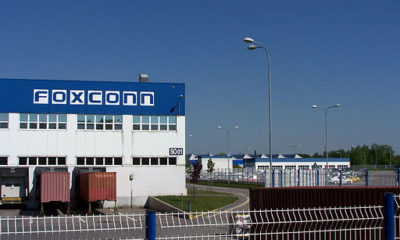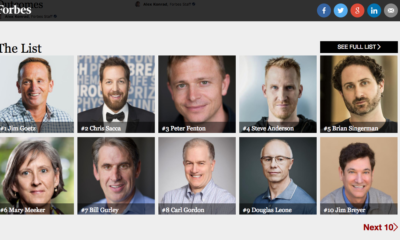It’s a landmark decision that could set the tone for the pharmaceutical industry all over the world. After seven long years, India’s Supreme Court has denied the patent bid of Swiss drug company Novartis for an upgraded version of its breakthrough cancer medicine, Glivec.
According to the High Court, the drug company did not do enough to modify the drug for it to be warranted as a novelty or a new invention. The decision was applauded all over the world and is seen as a victory by those pushing for access to cheap but cutting edge medicines for the poor – especially those from developing nations.
India is known as the “pharmacy to the world” because it is here that cheaper versions of high end drugs are manufactured and distributed as generic medicine. More than 1/5 of the world’s generic drugs are sourced from the country that has since made a great impact in making medicine available to the poor.
David vs. Goliath
Novartis claimed that the new version of Glivec deserved a new patent because they were able to modify the compound and made it readily absorbed by the human body. However, the Supreme Court saw through the practice of the multinational drug firm – which is called “evergreening” in pharmaceutical parlance – and junked their petition for a patent. This decision means that India’s generic drug making companies can freely copy and mass produce Gilvec and sell it at a very affordable price.
The development can be compared to the biblical David vs Goliath, but the victory is far more encompassing. The Indian High Court has set a precedent that could pave the way to more pharmaceutical firms all over the world being denied patents for high-end medicines. It can also be a ground for not granting them patents in the future and letting generic companies copy their drugs without restrictions.
Generic medicine have successfully brought medicines for cancer, AIDS, tuberculosis, diabetes and other debilitating conditions well within the reach of the masses. As a result, even the poor have access to medication. Even if the patients don’t buy the drugs themselves, their local governments are able to buy the medicines for them.
Branded versions are expensive
Novartis’ innovative drug Glivec is a cure for a deadly form of leukemia. It is extremely expensive at $2,600 a month if a patient were to take it regularly. The generic version, on the other hand, can be sourced from India and would cost the patient only about $175 a month.
Novartis claims that India’s generics industry prevents pharmaceutical companies from doing further research and development, which is needed to produce new and cutting-edge drugs.
Additionally, the Swiss company has also said that they would just stop shipping new medicines to India if this is how the country deals with patent applications.
Observers also warned that other global drug companies could also stop selling their branded medicines in India in response to their patent laws.















Facebook
Twitter
Pinterest
Google+
LinkedIn
Email